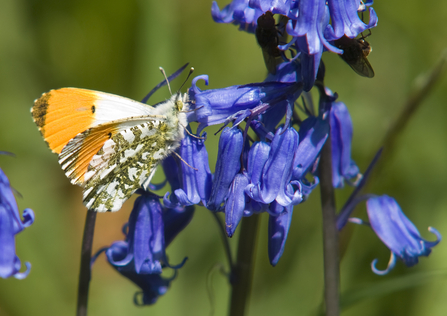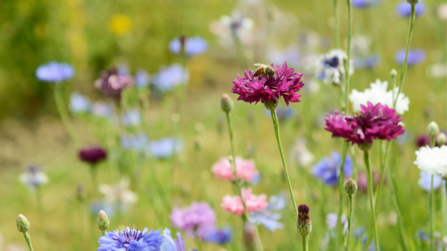Our ambitious 30 by 30 campaign is an attempt to take in all these problems and say: if we want to get 30% of our land into management for wildlife by 2030, how are we going to get there? What actions can we all take to ensure nature’s recovery? So, the news of an event taking place this weekend in Bristol that offers everyone the chance to improve the biodiversity on their doorstep couldn’t be more timely.
On both Saturday and Sunday, Bristol residents are invited to hand back their household chemicals as part of a city-wide pesticide amnesty - the first of its kind in England. Locals are encouraged to have a ‘garden shed’ clear out. In return you’ll receive a free pack of wildflower seeds, as well as information on pesticide-free alternatives. Organised by The Natural History Consortium (the charity behind the city's Festival of Nature), the free pop-up events represent a chance for every single household to make a real difference to the wildlife in their own communities. The data from the collections will be used by the University of Bristol for further research to try to understand the impacts of pesticides on our environment.



